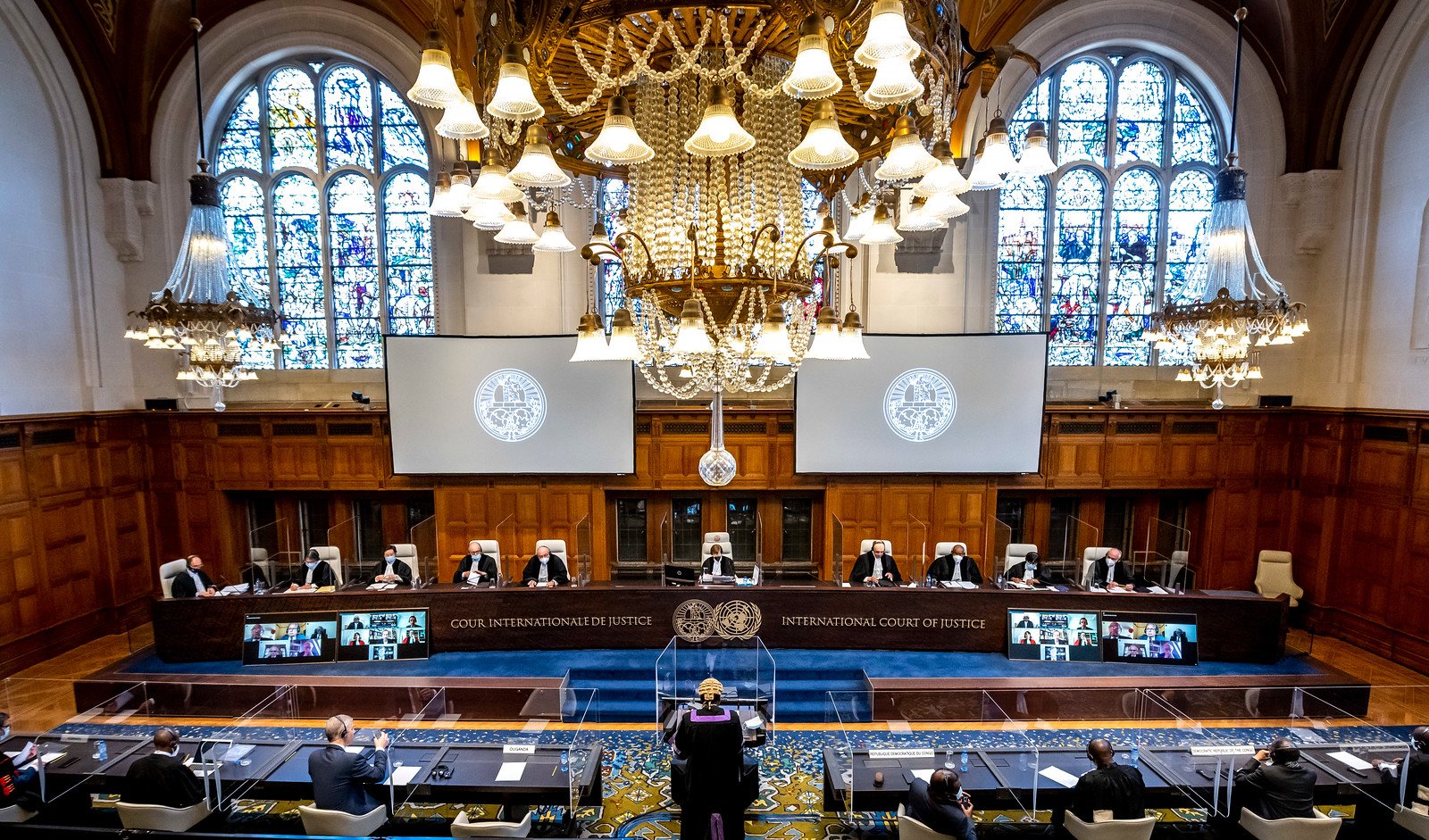UN seeks clarity on consequences for climate action delays

The International Court of Justice (ICJ) will publish advice on the climate obligations of states and the legal consequences for those failing to meet their responsibilities, following a request from the UN General Assembly. The advice, which will be issued after written submissions from the UN and its member states due in January 2024, could be used by individuals and organisations to hold governments to account in courts across the world.
While the UN Framework on Climate Change imposes obligations on states, notably through the 2015 Paris Agreement, these instruments do not include a means of enforcement. In particular, the ICJ has been asked to advise on the consequences for states if their failure to act harms the climate and environment for small island developing states, peoples and individuals.
The move follows a similar request made by the Commission of Small Island States on Climate Change and International Law to the International Tribunal for the Law of the Sea (ITLOS) in December 2022. That request seeks advice on states’ obligations to protect the marine environment, and consequences for failing to protect countries, peoples and individuals from the impacts of environmental damage.
According to the ICJ, advisory opinions have no binding force but carry “great legal weight and moral authority”, contributing to the clarification and development of international law.
Among the cases that could be supported by international advisory opinions is a 2022 action in Argentina, Greenpeace Argentina et al. v Argentina et al., claiming that an oil exploration license was granted without due consideration of climate commitments. The plaintiffs argued that the award breached domestic and international climate commitments and that the environmental impact assessment did not consider climate impacts.
An injunction on exploration activity was initially granted but was overturned by the Court of Appeal. The plaintiffs have stated their intention to appeal that decision in the Supreme Court, and could rely on ICJ or ITLOS advice to bolster their arguments if they are issued in time.
There are likely to be several other cases that could be supported by advice from international authorities. Columbia Law School’s Climate Case Chart database highlights a dramatic increase in climate litigation against governments over the recent years, from eight cases in 2012 to 85 cases in 2021 (excluding cases against the US government).



